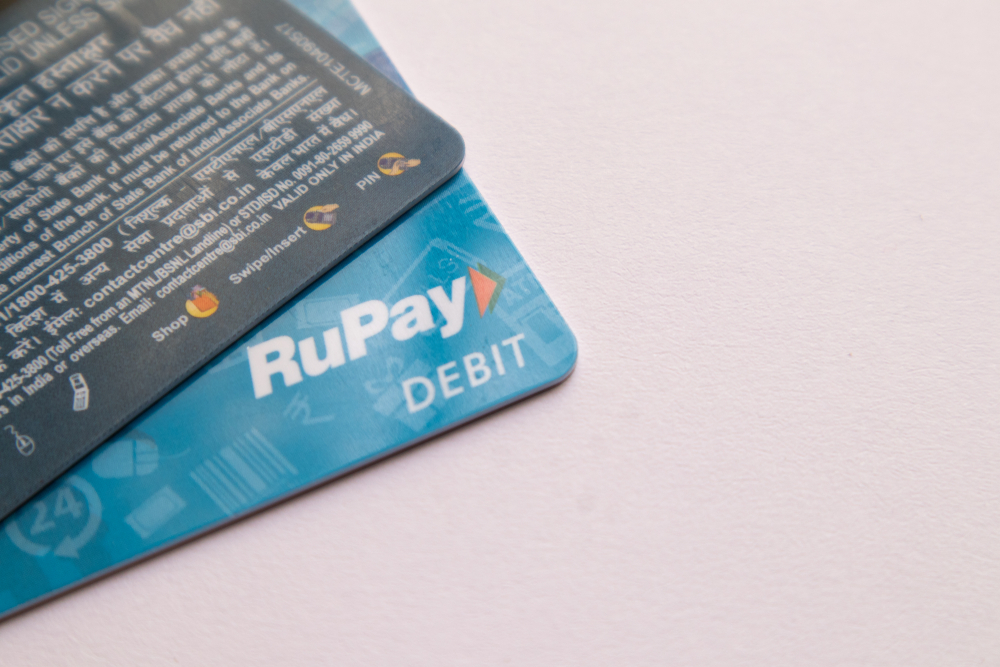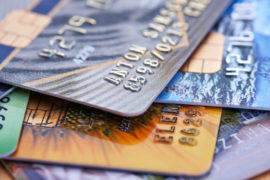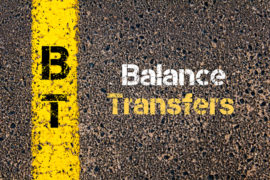A homegrown Indian payments scheme is to be promoted by Narendra Modi, the Prime Minister of India, when he makes his third official visit to the United Arab Emirates this weekend. Modi is to be awarded the highest civilian honour in the UAE, the Order of Zayed, during his two-day trip but will also take the time to launch the RuPay network during an event, which is set to take place on Saturday at the Emirates Palace in Abu Dhabi.
The Indian ambassador to the UAE, Navdeep Suri, told The Nationalthat while the award is the primary reason for the visit, Modi also wants to personally push the RuPay card. The RuPay card is a debit or credit card along the same lines as Visa or Mastercard, which was launched four years ago in India.
500 million people within India have since subscribed to RuPay, which mixes the word rupee with payment. Suri says that the card has already become a major part of India’s financial inclusion programme and that the Prime Minister is now very interested in helping to gain inclusion and acceptance all over the world. RuPay is currently not well known outside of India, but its massive surge within its home nation since its inception has challenged the dominance of giant US credit card firms such as Mastercard and Visa within just four years. At least some of the credit for this success goes to Modi, who actually encouraged his citizens to make use of the network because the transaction fee paid to the card ends up going back into the country’s economy to help pay for the likes of building hospitals, roads and schools.
Over half of the one billion debit and credit cards in India now go via the RuPay system. Suri says that officials in India are intending to work with the authorities within the UAE as well as the firms responsible for the running of point-of-sale machines in order to ensure that the card will be accepted by the Emirates. An agreement between payment networks in India and the UAE is set to be signed at some point during the Indian Prime Minister’s visit.
Having the networks connected together means that tourists coming from India to the UAE will be able to make use of the cards during their trip. Suri points out that as many as three million Indian tourists visit Dubai alone every year, and that they should have the option of being able to use the RuPay card whether they are at Dubai mall or have travelled further to Abu Dhabi. Plans are also already in place for banks in the UAE to actually start issuing the card. Users will also be spared the cost of transaction charges such as foreign exchange fees by making use of RuPay, which is also pledging lower processing fees.
RuPay was created for the purpose of promoting financial inclusion and encouraging electronic payments within India as a way to begin moving away from the country’s heavy reliance on cash-based transactions.




